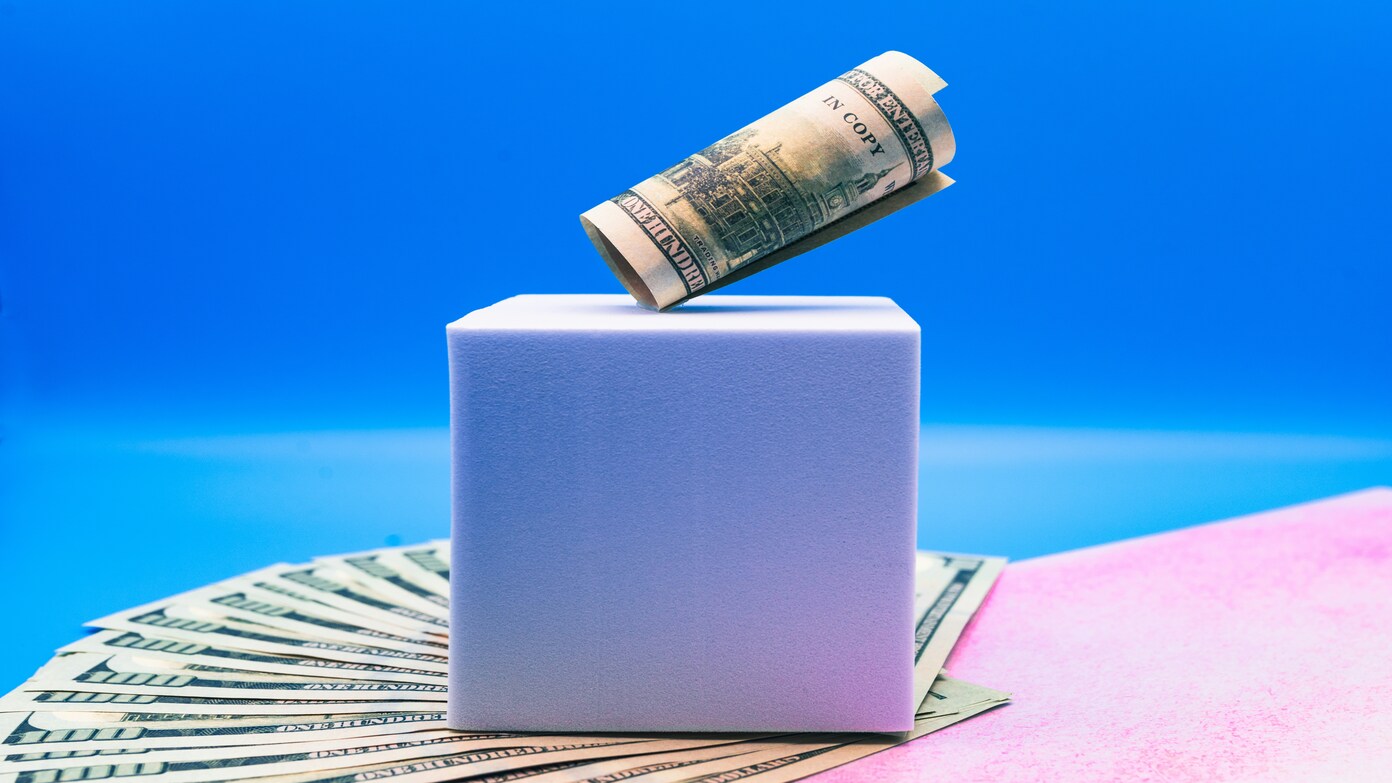The worth of an emergency fund
We all know how much an emergency fund is worth. It’s your financial safety net — funds which you save to cover unforeseen events like loss of work, hospitalisation, or unexpected repair of your house.
Studies by Vanguard have shown that even $2,000 in savings can boost your financial security by 21%. Save enough to cover three to six months of expenses, and that boost is increased by another 13%. Apparently, an emergency fund is the key to feeling financially secure and self-assured.
But here’s the catch: over-saving for emergencies can actually boomerang back on you. Counterintuitive as it sounds, having a very large emergency fund can prevent you from growing your wealth. And that’s why you should know why that is.
When saving too much is a problem
It is prudent to save in case of a rainy day, but to spend that rainy-day funds on building a complete storm shelter will do more harm than good. If you have more than a year’s worth of living costs set aside in a savings account, your investment portfolios are lagging, or you’re missing out on debt reduction, you’re likely saving too much.
Financial experts all agree: An emergency fund should be sufficient to see you through without being so big that it holds you back. The biggest risks of doing too much are outlined below:
1. You’re missing out on money growth potential
Money sitting in a typical savings account is not doing you any good. Most lowly accounts offer rates of less than 1%, and that means your cash is barely growing.
Andrew Bates, COO at Bates Electric, advises setting up a high-yield savings account or investing in stocks, bonds, or real estate investment trusts (REITs) once you’ve built your emergency fund.
“Parking too much cash in your emergency fund means you’re missing out on real growth,” Bates says. “Use high-yield savings for easy access, but let the rest work harder through investments.”
Read this later: Vets hit back at claims of widespread fraud in medical claims
2. Inflation slowly eats your savings
Inflation is like a silent thief. As prices go up, the value of your savings goes down. In August 2025, the U.S. inflation rate was 2.9%. So, if your emergency savings are earning only 2% interest, you’re actually losing money in purchasing power.
Leon Huang, CEO of RapidDirect, is a believer in diversification. “Having too much sitting in low-interest savings accounts is like letting inflation creep up and slowly nibble away at your money,” Huang says. “Diversifying into investments like stocks or bonds preserves and even grows purchasing power in the long term.”
3. You’re leaving other money wins on the table
Every dollar that is just sitting in your savings account could be doing something more productive — like paying down high-interest credit card debt, funding retirement, or serving as capital for a business endeavor.
Edward White, Beehiiv’s growth head, is frank: “Money just sitting in a savings account is not helping you. Leveraging that money to pay off debt, put it towards retirement, or invest causes real momentum. Money has to be a force for growth, not just a cushion.”
4. You might find yourself in a “safety trap
Keeping a big supply of cash on hand can be comforting — maybe too comforting. It’s easy to get into the habit of hoarding cash “just in case,” and fear of losing money can keep you from making sound financial risks.
Your Doctors Online CEO Raihan Masroor warns against this type of thinking. “Keeping cash in your pocket too tightly makes you cautious and slows your growth,” he says. “True financial security comes from balance, not stockpiling money.”
Read this later: Goodbye to loud ads on Netflix, Prime Video, and Hulu – California bans these formats starting July 1, 2026.
Finding your financial balance
So how much should you really save? Most money experts recommend you establish an emergency fund of three to six months’ worth of living expenses. That will give you enough to reassure you in the event you lose your job or encounter an unexpected bill, without tying up too much money.
Once you’ve achieved that milestone, it’s time to put your loose change to better use.
Pay off debt. Consolidate credit cards, personal loans, or mortgages to end the burden of paying heavy interest charges.
Save for the future. Put money into retirement accounts, high-yield savings, or even property.
Insure yourself. Obtain basic insurance coverage — health, life, or disability — to protect yourself from big financial jolts.
Save for goals. Education, a home, or a vacation, some is better than nothing for what matters most to you.
Read this later: The 1-cent coin that could be worth more than $500,000 – It is a relic from 1943 that was manufactured by mistake, and many…

